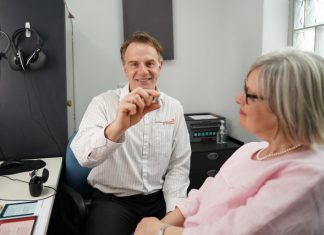The state government has released a 10-year clean economy plan to create the training and skills opportunities for workers, businesses, and industry.
Training and Skills Minister Gayle Tierney officially launched the Clean Economy Workforce Development Strategy 2023–2033, which provides a planning and investment framework to support the workforce and create training pathways to meet industry’s growing demand for skills.
Victoria’s transition to a clean economy is expected to create 10,000 jobs each year from now until 2030 and transform more than 500,000 existing jobs through new skills training.
These new roles range from energy auditing to environmental certification, solar technicians, climate change analysis and more. Targeted training and skills programs will address the increased skills demand in key sectors including manufacturing, engineering, electricity, and construction.
To drive the workforce transition, the new strategy outlines five strategic priorities including a reimagined skills model, flexible education and training, and enhanced workforce planning and attraction.
A strong energy workforce is critical in ensuring we meet our ambitious 95 per cent by 2035 renewable energy targets, which will create 59,000 jobs and an additional 6,000 apprentices.
The state government is also bringing back the State Electricity Commission (SEC) to help create these jobs, as well investing an initial $1 billion toward in new renewable energy and storage projects.
There is also $12 million to create an SEC Centre of Training Excellence, new renewable energy VET certificates and a Victorian Energy Jobs Plan to support the renewable energy industry, with this plan addressing the workforce capability and capacity to respond to Victoria’s renewable energy transition.
Another key part of the strategy is also ensuring that workers are ready to seize opportunities as part of the state government’s $515 million transformation and reform of Victoria’s waste and recycling industry.
Using the Victorian Skills Plan as a roadmap, the Government will also work with TAFEs and industry to develop fit-for-purpose accredited training that meets the needs of Victoria’s emerging renewable energy sector.
“Our ambitious targets will transform Victoria and position our state as a world leader in climate action. Now is the time to put the right foundations in place to support our workforce through the clean economy transition,” said Ms Tierney
“This is a landmark opportunity for everyone in Victoria – we want government, industry, the workforce and our training sector will work together to achieve our goal.”
Visit djsir.vic.gov.au/what-we-do/training,-skills-and-higher-education to read the Clean Economy Workforce Development Strategy 2023–2033.








